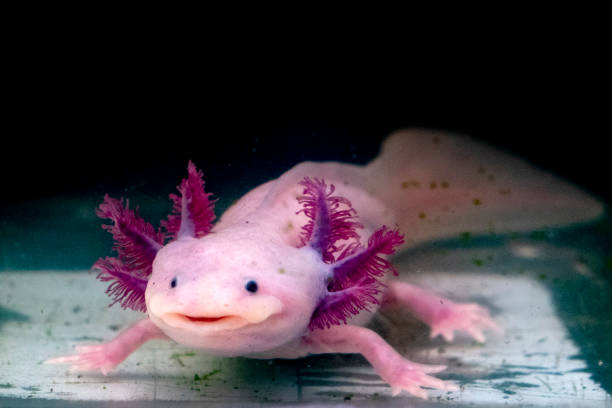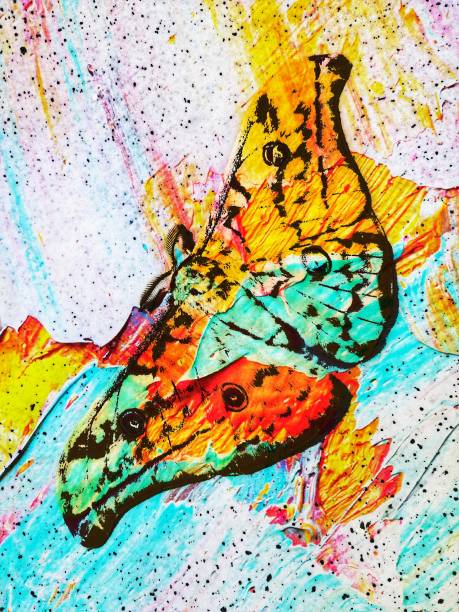"A Deep Dive into the Fascinating World of Axolotls"
Introduction: If you're looking to explore a unique and somewhat mysterious pet, then the axolotl could be your perfect match. This article will unravel the intriguing world of these captivating aquatic creatures, offering a comprehensive guide to their history, current status, and the significant role they play in scientific research.

An Overview of Axolotls
Axolotls, often referred to as ‘Mexican walking fish,’ are not actually fish but a type of salamander. Originating from the ancient Xochimilco lake system near Mexico City, these amphibians are renowned for their remarkable regenerative abilities. Despite their decline in the wild, their popularity as pets and their importance in scientific research has soared.
The History and Decline of Axolotls in the Wild
Axolotls hold a significant place in Aztec mythology, revered as the manifestation of the god Xolotl, who transformed into an axolotl to escape death. However, the modern reality is grim. Urbanization and pollution have devastated their native habitats, leading to their listing as a critically endangered species.
Axolotls as Pets: What You Need to Know
Axolotls are increasingly popular as pets, especially for those seeking an unusual and engaging companion. They require a specific aquatic environment and a diet of live food, making them a more demanding choice than typical fish. The estimated cost of setting up an adequate axolotl habitat ranges from $100 to $200, while ongoing costs for food and maintenance can add up to around $20 per month.
The Role of Axolotls in Scientific Research
Perhaps the most fascinating aspect of axolotls is their extraordinary regenerative capabilities. They can regenerate not only limbs but also vital organs, including their hearts and parts of their brains. This trait has sparked extensive research, with scientists hoping to apply these findings to human medicine.
The Future of Axolotls: Conservation Efforts and Challenges
The future of axolotls in the wild is uncertain. However, efforts are underway to conserve and restore their natural habitats, and captive breeding programs aim to maintain their genetic diversity. These amphibians are a reminder of the delicate balance of ecosystems and the far-reaching impacts of human activity.
In conclusion, axolotls are truly remarkable creatures. Whether captivating pet owners with their quirky charm or advancing scientific knowledge with their regenerative abilities, these amphibians are a testament to the incredible diversity and adaptability of the animal kingdom.






